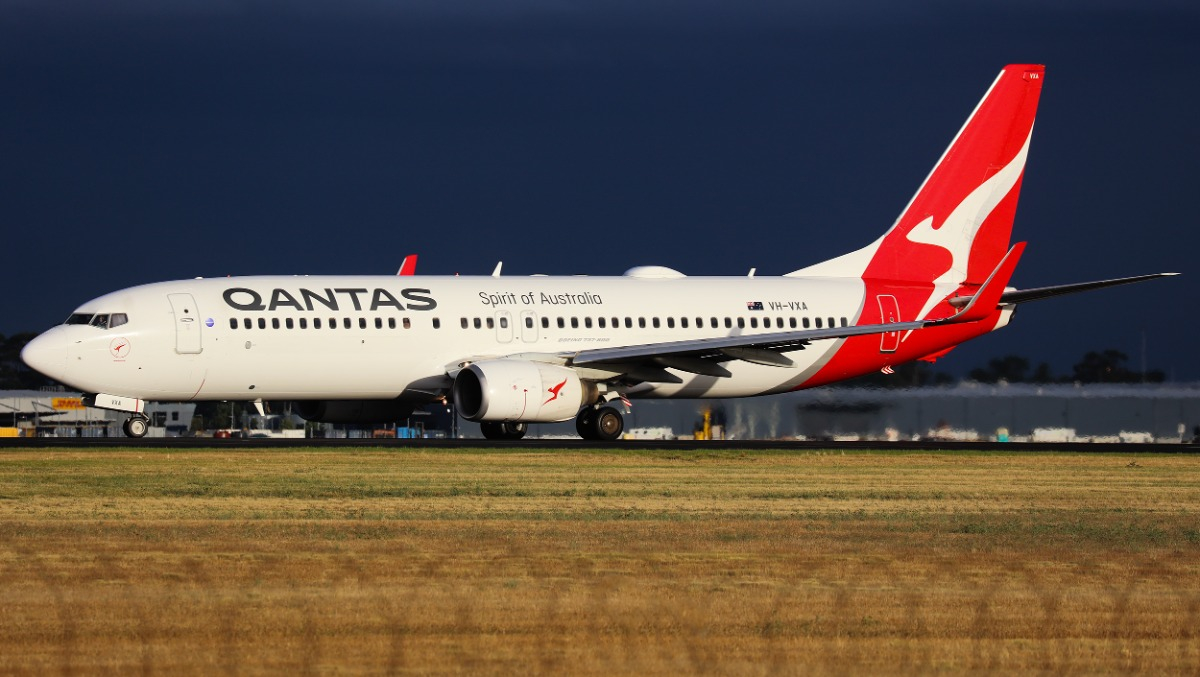
Qantas will, from today, operate an extra 57 return services per week between the Golden Triangle of Sydney–Melbourne–Brisbane in a move that should reduce airfares across the industry.
It follows Sydney Airport’s CEO claiming this month that the domestic aviation recovery had been “stagnant” since April last year, with numbers still 17 per cent down compared to pre-pandemic. Geoff Culbert appeared to blame airlines for offering fewer seats for sale to consumers alongside higher prices.
However, today’s increase by Qantas will see its capacity, or seats for sale, on the services rise by 11 points to 93 per cent of pre-pandemic levels.
The Flying Kangaroo is also adding seats on transcontinental services to and from Perth using the airline’s larger Airbus A330 fleet, while sister carrier Jetstar is boosting its domestic and international flying capacity next six months by 15 percentage points.
Nationwide, the domestic aviation industry peaked at 97 per cent pre-pandemic passenger numbers in June last year, but it came alongside all-time records for delays being broken that month and in April and July. Since then, the industry has cut flights to improve the passenger experience.
Recent figures, though, appear to show capacity is failing to return to the market as quickly as hoped, which is in itself leading to higher airfares and fewer people flying.
Qantas’ long-planned move follows the ACCC warning airlines it was “expecting” prices to go down this year when more employees could be recruited.
The competition watchdog’s latest report on the industry showed that while domestic airfares have climbed down from 15-year record prices at the end of 2022, they remain far above pre-pandemic levels.
According to ACCC commissioner Anna Brakey, passengers are still generally paying more to fly than they would have before COVID-19.
“Airfares typically come down after the Christmas travel peak due to a seasonal decrease in demand,” she said. “However, some of this reduction is also explained by the airlines increasing their seat capacity.
“The price of jet fuel has been trending down, which should enable airlines to reduce airfares further in the coming months.”
ACCC data showed that Qantas took the largest share of domestic passengers over the quarter despite a drop to 34.8 per cent, with Virgin just behind at 33.4 per cent; Jetstar climbed nearly four percentage points to 26.9 per cent, while Rex brought up the rear at 4.9 per cent.















